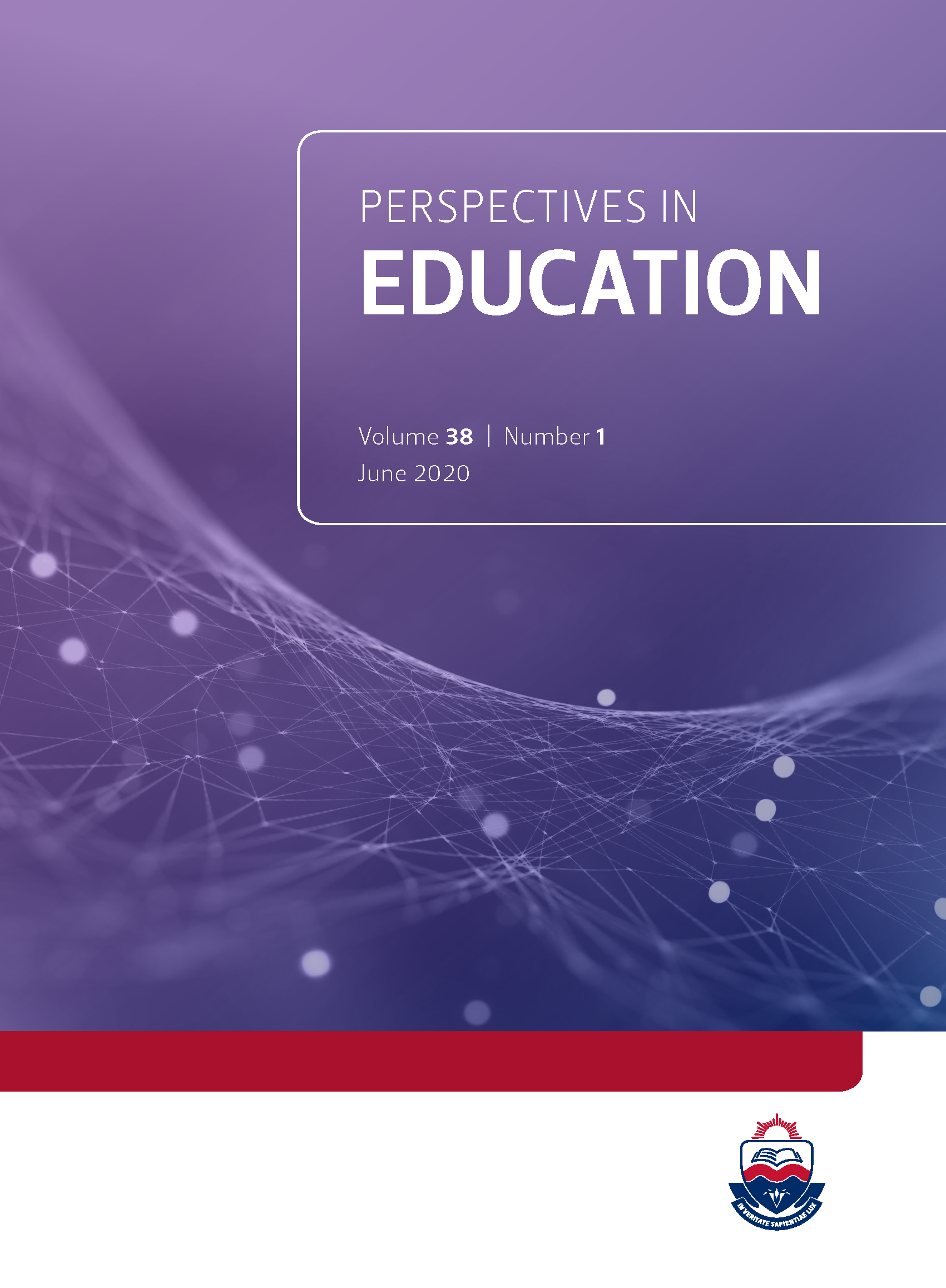Representation of the Zimbabwean 2015-2022 Social Studies curriculum: Teachers perspectives about ‘Ubuntulising’ curriculum change and implementation
DOI:
https://doi.org/10.38140/pie.v38i1.3927Keywords:
Ubuntulising, Curriculum implementation, Challenges, Mitigation strategiesAbstract
The New 2015-2022 Zimbabwean curriculum in which Social Studies is engrained was driven by the need among others to transform the Zimbabweans’ demeanour and etiquette by employing Ubuntu as its philosophical base. Through the Ubuntu lens, this qualitative case study explores how Ubuntu values could be applied to mollify challenges of curriculum reform and implementation. 12 purposively sampled teachers participated in semi-structured interviews, observations and Focus Group Discussion (FGD) to generate data for this study. The findings established that the employ of the top-down approach in the dissemination of the Zimbabwean curriculum, devoid of the teachers’ consultations and participation catalyses the manifestation of acerbic and innumerable challenges which included inadequate resources, lack of training for teachers, too much workload and poor public relations which led to poor implementation of the Social Studies curriculum. The study discovered that the basis of Ubuntu which the Zimbabwean curriculum claims to hinge on is just on paper but practically it is not applied. The study recommends the rekindling of the Ubuntu values which capture the traditional African customs, work ethics and beliefs and applies them to curriculum reform and implementation in order to inform educational policy and practice as uncovered from the fieldwork undertaken for this study. This study is the contribution to the current topical issue about decolonisation globally.
Downloads
##submission.downloads##
Published
How to Cite
Issue
Section
License
Copyright (c) 2020 Author(s)

This work is licensed under a Creative Commons Attribution 4.0 International License.





